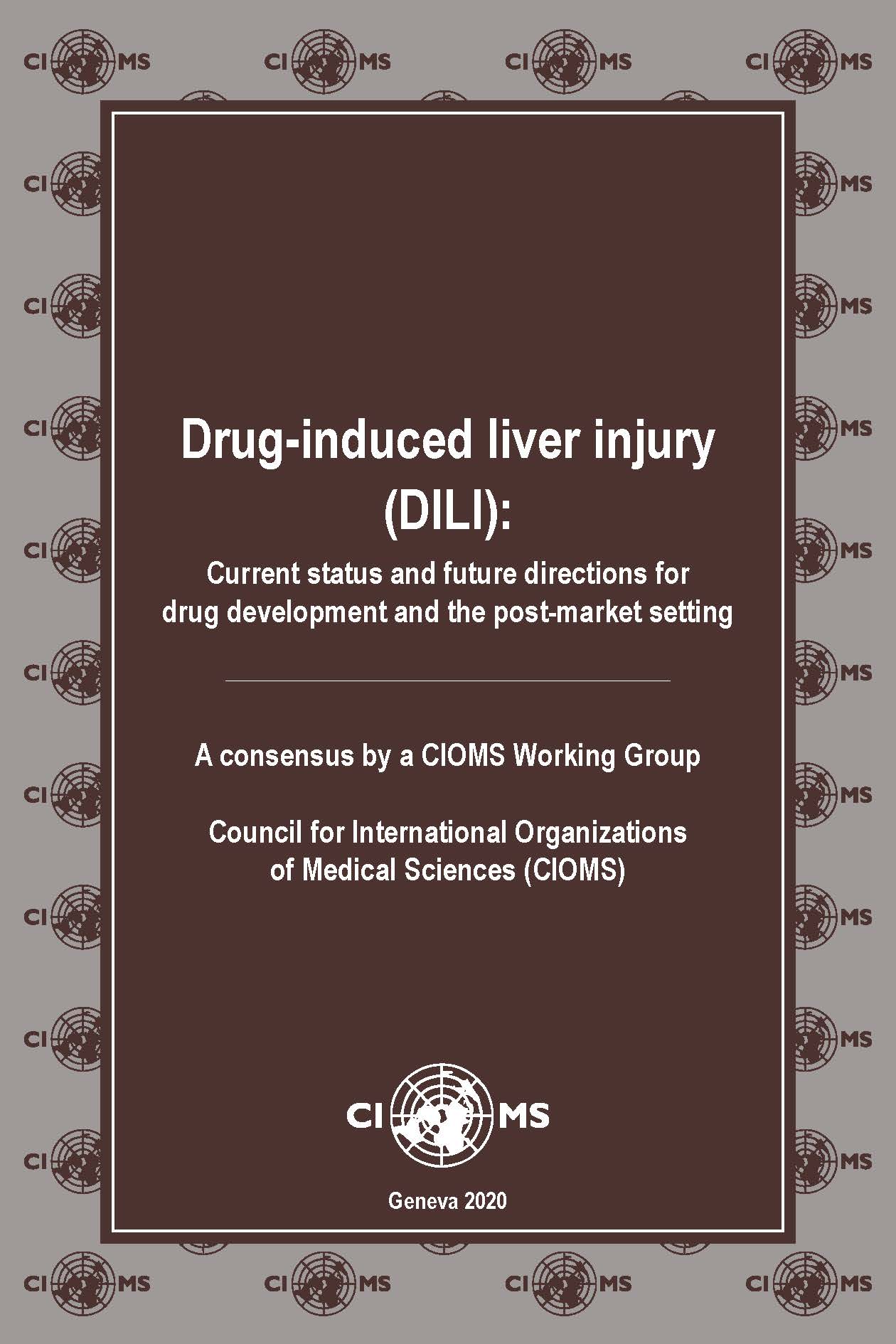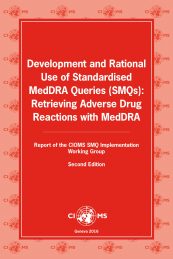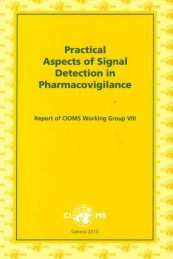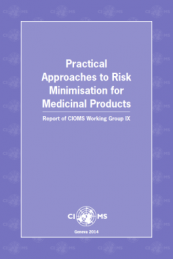(For e-learning course see below) — https://doi.org/10.56759/ojsg8296 — Drug-induced liver injury (DILI) is a growing challenge because of the ever- increasing number of drugs used in medical care. DILI is rare but can be serious and is largely unpredictable. It is an important cause of mortality and liver transplantation, and a leading cause of attrition in drug development. Progress is under way in identifying genetic risk factors, exploring new mechanistic concepts of the complex underlying interactions, and developing new biomarkers that can predict or diagnose DILI. The pharmaceutical industry has a key role in advancing these initiatives, and prospective DILI registries must adopt standard procedures for biological sample collection and storing. There is a strong need for standard guidelines to support these efforts.
The consensus report of the CIOMS DILI Working Group aims to provide a critical framework and essential set of tools to detect, diagnose and manage DILI during drug development and in the post-marketing setting. The report is intended for clinical and basic pharmaceutical industry investigators who capture, analyze and communicate liver safety data in drug development. It is also intended for regulatory scientists and expert consultants who comprehensively evaluate new products and emerging biomarkers for their association with DILI risk, and for health care professionals who monitor and manage patients treated with potentially hepatotoxic drugs in clinical practice.
Corrigendum: On page 138, under ‘Number needed to harm (NNH), the last sentence should read: “Thus, on average, 25 people would need to be treated for one year for one person to experience a harmful event (1 in 25 people =4%).” The downloadable file was corrected on 6 September 2024.
Republished under a Creative Commons License in June 2025.
Case report form (Excel) | Supplemental Appendices
—————-
CIOMS/UMC e-learning course, released in May 2022 on the eLearning platform of the Uppsala Monitoring Centre (UMC): This course is based on the sections of the CIOMS consensus report most relevant to the post-marketing setting and clinical care. For the time being this training is available only for national pharmacovigilance centres and other public sector participants. Further limitations may apply, depending on the amount of traffic on the UMC platform.
Access the training here.
Webinar (Shanghai) held 20 November 2020: Programme and speakers’ details | Video recordings (English and Chinese); requires updated browser, e.g. Firefox






There are no reviews yet.